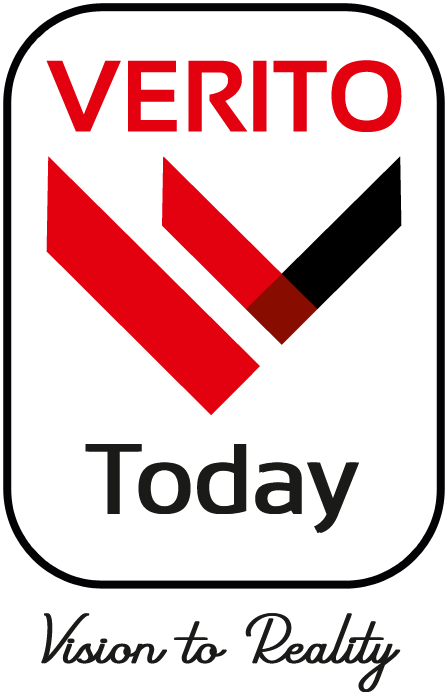Marketing isn’t just about selling products; it’s a powerful force that can weave itself into the very fabric of our lives, shaping cultural aspects and influencing an entire generation of consumer behavior. Take Amul, a household name in India, famous for their witty newspaper ads. These ads cleverly comment on current events, politics, and social issues, all featuring their iconic Amul girl mascot. But Amul’s marketing goes far beyond simply promoting dairy. By understanding the importance of cultural relevance,emotional connection, and vernacular communication, they’ve achieved a remarkable feat: a 90% brand recall rate according to a 2019 TAM AdEX India report. That means a staggering 9 out of 10 people in India recognize the Amul girl and associate her with the brand.
This story exemplifies the enduring power of marketing. It’s not just about flashy campaigns or short-lived trends; it’s about understanding your audience, creating a lasting connection with them, and becoming a part of the cultural conversation. But what skills are required to achieve this kind of marketing magic?
As authors, we share a great deal of enthusiasm for marketing and demonstrated creating value for organizations. We’ll use our experience to provide insights into the essential skills you’ll need to succeed in today’s marketing world. In this article, we’ll delve deeper into the essential skills needed to navigate the ever-evolving marketing landscape. We’ll explore the strategies that turn fleeting trends into enduring brands.
Why Digital Marketing Acumen is Essential:
The marketing industry’s need for tools, assets, value, and structure is constant. Being out of the loop can cause many disadvantages and greatly affect how you do business with your customers. The more you know, the more effective your marketing strategies will be, leading to increased chances of getting hired.
Developing and executing marketing campaigns is a critical skill for any marketer. It’s not just about advertising; it’s about understanding the market, your target audience, and your competition. You need to be able to analyze market trends and consumer behavior to create a marketing strategy that brings in customers and helps you grow in the long run.
This is where the additional skills of a successful marketer come into play. Marketers are also expected to be analytical, accountable, flexible, creative, and agile. These skills help you stay ahead of the curve and continuously hone your craft. After all, marketing is the secret ingredient that acts like a salt for the entire dish of products, allowing them to finally find meaning and value in the eyes of consumers.
Essential Skills and Tools
From creativity in crafting compelling campaigns to analytical prowess in interpreting data, modern marketers rely on a range of tools and techniques to drive success. This comprehensive points explores the essential skills, backed by the use of various tools, that enable marketers to thrive in their roles, from strategic thinking and communication to technical proficiency and digital marketing expertise.
1. Creativity: Marketing professionals must leverage tools like Adobe Creative Suite for graphic design and video editing, along with basic web design skills in HTML/CSS to foster creativity in their campaigns.
2. Analytical Skills: They utilize tools such as Google Analytics and Excel for data analysis, SQL for querying, and visualization tools like Tableau to gain insights into campaign performance.
3. Communication Skills: Clear communication is facilitated by tools within the Microsoft Office Suite, while collaboration tools like Slack or Asana aid in project management, enhancing communication among team members.
4. Digital Marketing Skills: Proficiency in social media, SEO, email marketing, and PPC advertising is vital, with the use of tools like Hootsuite, WordPress, Mailchimp, and SEO platforms to optimize and execute digital marketing strategies effectively.
5. Strategic Thinking: Marketing professionals develop long-term strategies using marketing automation and CRM platforms, supported by SWOT analysis, competitor analysis tools, and other strategic planning tools.
6. Technical Skills: They apply technical skills using tools such as HTML, CSS, and JavaScript for website optimization, along with proficiency in CRM and marketing automation platforms, A/B testing tools, APIs, and server-side scripting languages like PHP or Python to enhance their marketing efforts.

















